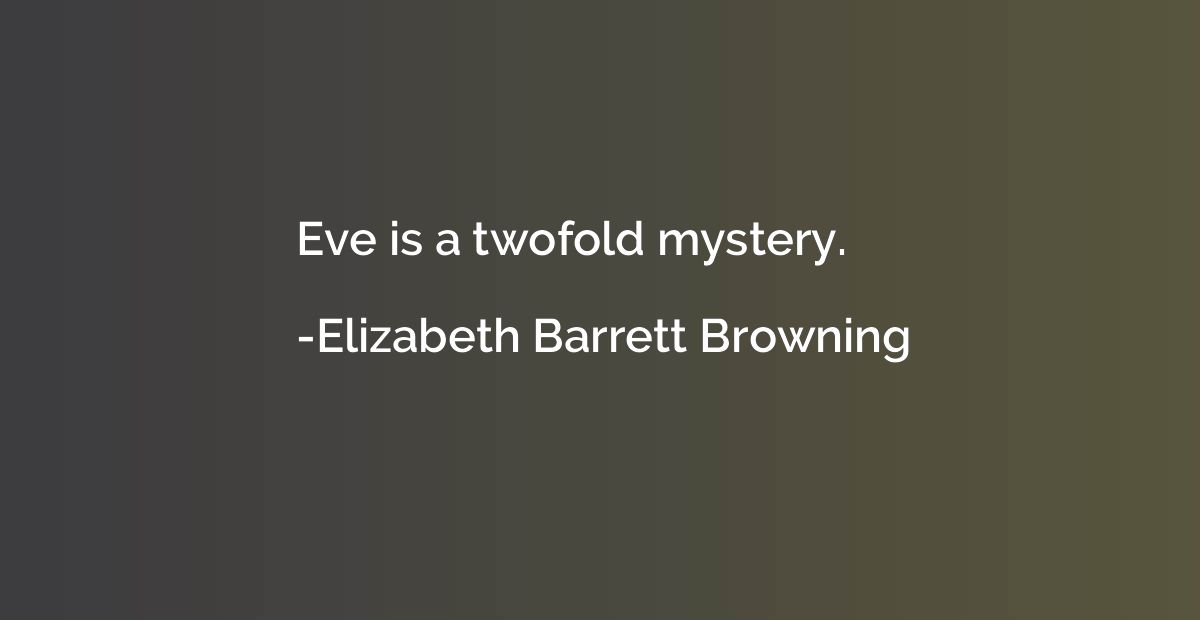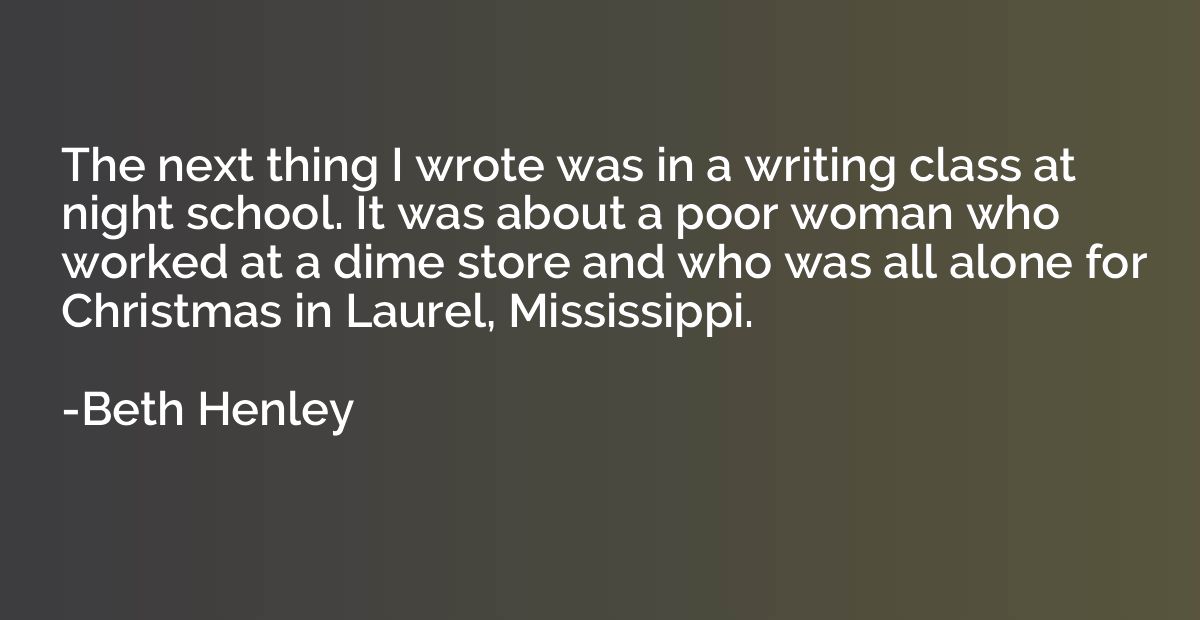Summary
This quote from William Shakespeare's Romeo and Juliet refers to the contradicting origins of love and hate. It highlights the tragic irony that the love between the two central characters, Romeo and Juliet, is born out of a deep-rooted family feud. By using the words "sprung" and "hate," Shakespeare emphasizes the unsuspected and paradoxical nature of their love, portraying it as a force that unconsciously arises from their shared animosity. The quote captures the central theme of forbidden and doomed love prevailing amidst turmoil and serves as a preview of the tumultuous journey Romeo and Juliet are about to undertake.















